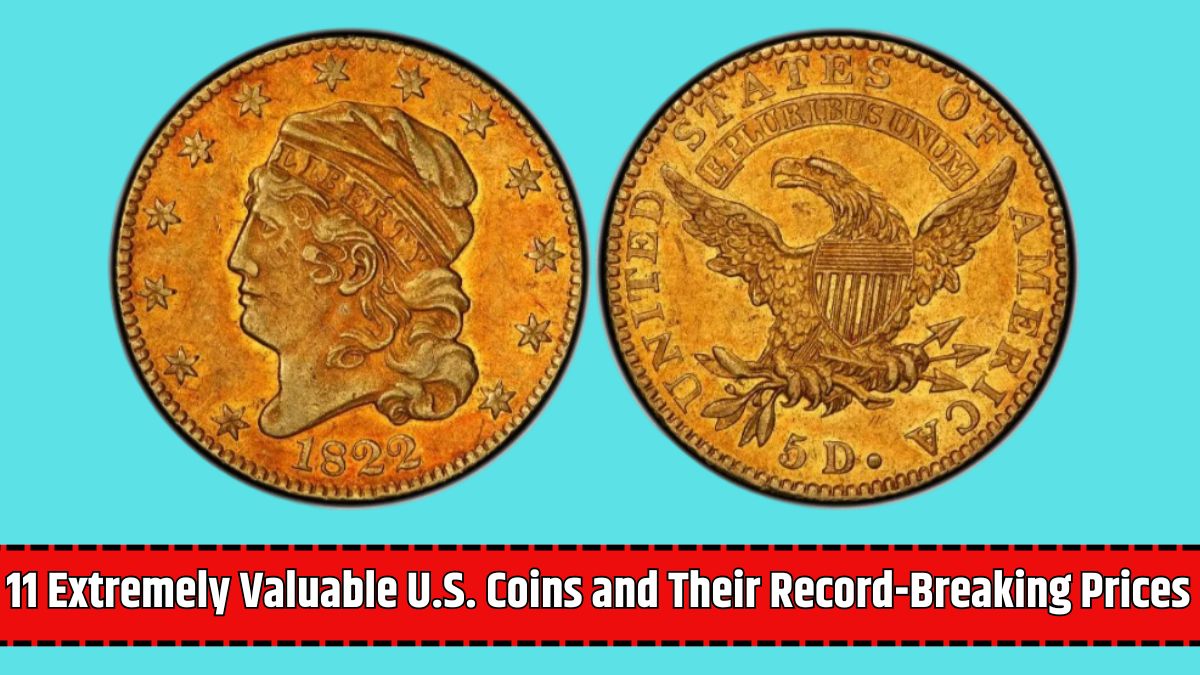Exciting news for Canadian seniors: a proposed $3,000 Canada Pension Plan (CPP) bonus may be on the horizon for 2025.
While this potential one-time payment has sparked widespread interest, it’s essential to clarify the facts and understand the eligibility criteria.
Whether this bonus becomes reality or not, staying informed about CPP payments and maximizing your benefits is crucial for financial stability in retirement.
What Is the Canada Pension Plan (CPP)?
The CPP is a contributory public program that provides retirement income to eligible Canadian workers. Funded through contributions made during your working years, the CPP offers monthly payments to replace a portion of your income after retirement.
Key Features of CPP:
- Maximum Monthly CPP Payment (2025): $1,433.00 (if starting at 65).
- Average Monthly CPP Payment (2025): Approximately $808.14.
- Contribution-Based: Payments depend on your earnings and contributions over your career.
- Flexible Start Age: Begin as early as age 60 (reduced benefits) or delay until 70 (increased benefits).
Details of the Proposed $3,000 CPP Bonus
While no official announcement has confirmed this bonus, speculation suggests it could be a one-time payment to support seniors amidst rising living costs and inflation.
Potential Scenarios for the Bonus:
- Supplementary Support: Aimed at assisting low-income seniors in managing increased expenses.
- Special Allowance: Provided to all CPP recipients, much like the Guaranteed Income Supplement (GIS).
- Targeted Payment: Restricted to retirees most affected by economic challenges.
Regardless of the structure, this bonus could offer much-needed financial relief for retirees relying on fixed incomes.
CPP Payment Schedule for 2025
CPP payments are issued monthly on the third-to-last business day of each month. Below is the payment schedule for 2025:
| Month | Payment Date |
|---|---|
| January | January 29, 2025 |
| February | February 26, 2025 |
| March | March 28, 2025 |
| April | April 28, 2025 |
| May | May 28, 2025 |
| June | June 26, 2025 |
| July | July 29, 2025 |
| August | August 27, 2025 |
| September | September 26, 2025 |
| October | October 29, 2025 |
| November | November 27, 2025 |
| December | December 29, 2025 |
To ensure prompt payment, set up direct deposit via your My Service Canada Account (MSCA) or contact Service Canada.
Eligibility Criteria for CPP Benefits
To qualify for CPP payments (and any potential bonus), you must meet the following requirements:
1. Contribution Requirement
You must have contributed to CPP through employment or self-employment. Contributions are calculated as a percentage of earnings, shared equally between employees and employers.
2. Age Requirement
- You can begin CPP as early as age 60 (reduced payments).
- Waiting until 70 provides a 42% higher payment compared to starting at 65.
3. Application Requirement
CPP payments are not automatic. You must apply to start receiving them. Applications can be submitted online, by mail, or in person.
4. Residency Requirement
Eligibility is based on contributions made during your working years in Canada. If you worked abroad, social security agreements with other countries may still qualify you.
How to Apply for CPP Benefits
Step 1: Check Eligibility
Ensure you meet the age and contribution requirements. Use the CPP retirement pension calculator on the Government of Canada website to estimate your payment.
Step 2: Gather Required Documents
- Social Insurance Number (SIN).
- Banking details for direct deposit.
- Proof of age (e.g., birth certificate).
- Employment records, if applicable.
Step 3: Submit Your Application
- Online: Through the My Service Canada Account (MSCA) for faster processing.
- By Mail: Download the CPP application form from the Government of Canada website and send it to Service Canada.
- In Person: Visit a local Service Canada office for assistance.
Step 4: Track Your Application
Monitor your application status via MSCA or contact Service Canada directly. Processing typically takes 1–3 months.
Step 5: Review Payments
Once approved, you’ll receive your CPP payments monthly. Your first payment may include retroactive benefits dating back to your eligibility start date.
Maximize Your CPP Benefits
1. Delay Payments for Higher Income
Each year you delay CPP payments after 65 increases your benefits by 8.4%, up to a maximum 42% increase if you wait until 70.
2. Post-Retirement Contributions
If you continue working after starting CPP, you can increase your income further with the Post-Retirement Benefit (PRB).
3. Tax Planning
CPP payments are taxable. To manage taxes:
- Request voluntary tax deductions from Service Canada.
- Consult a tax advisor to optimize your overall tax strategy.
















